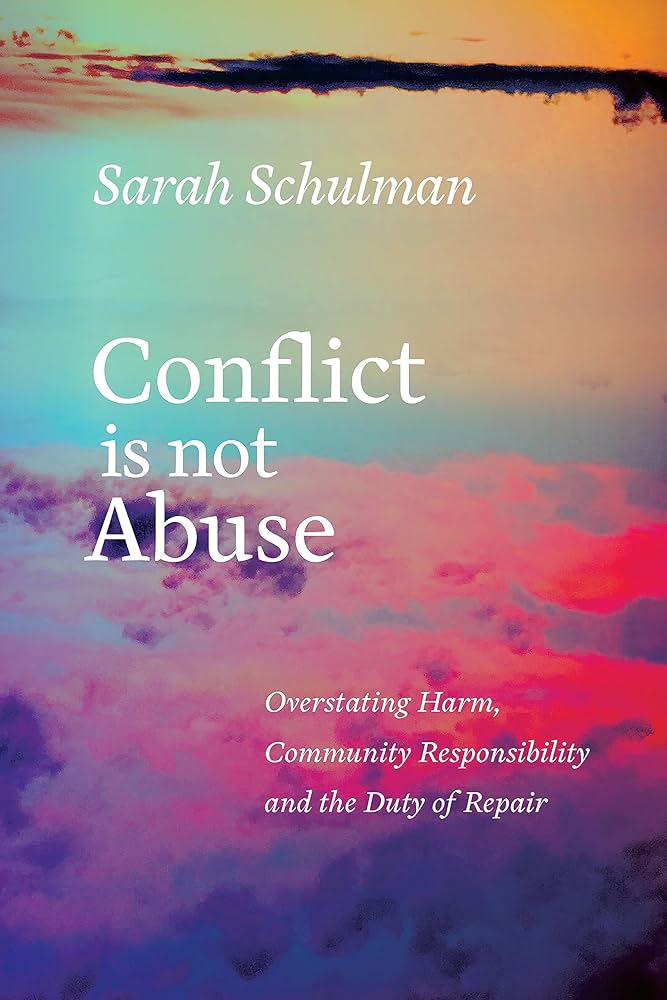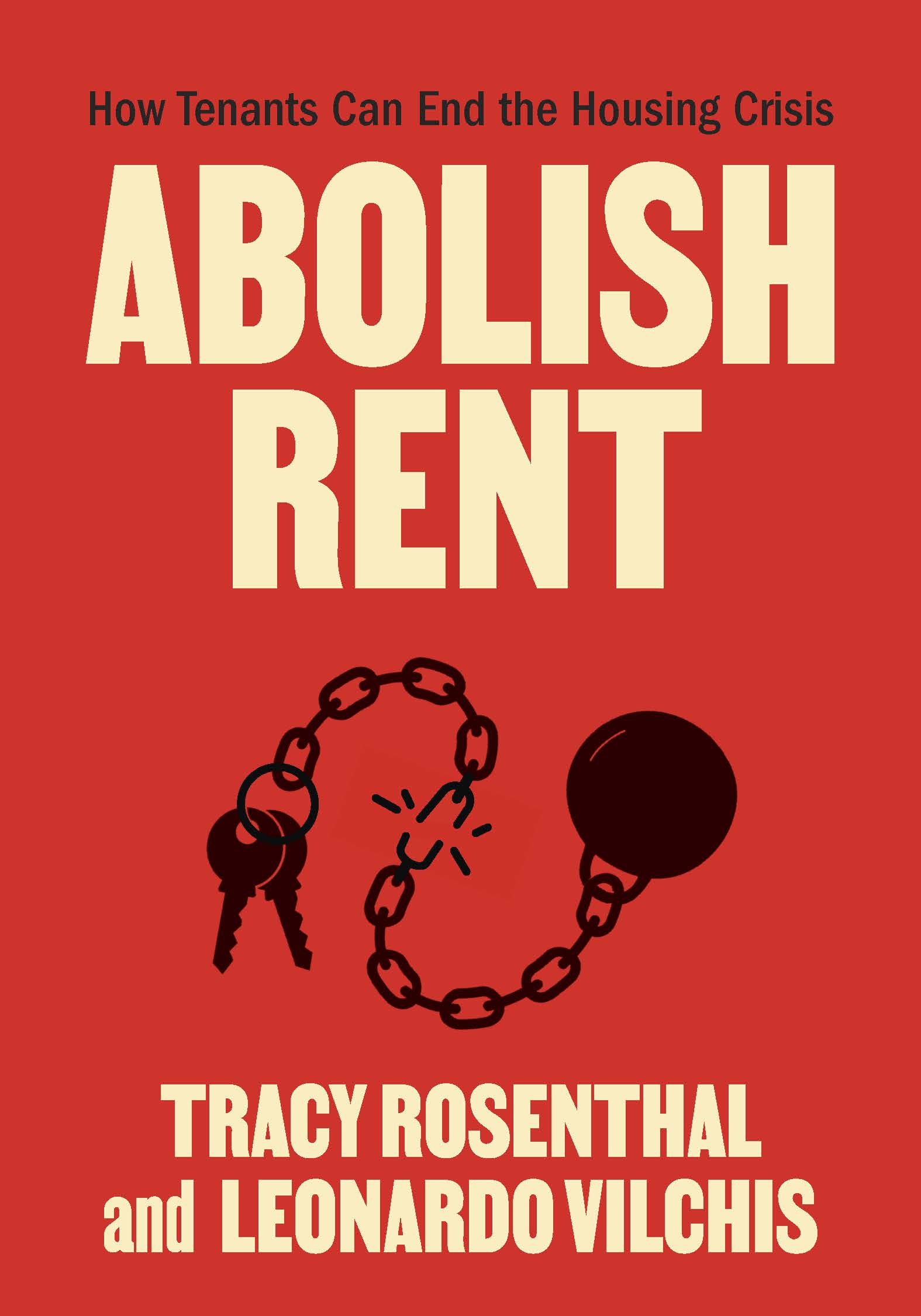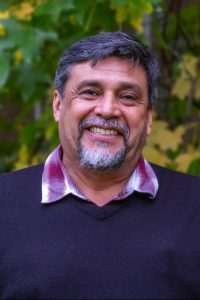



"The term conscientização refers to learning to perceive social, political, and economic contradictions, and to take action against the oppressive elements of reality."
"The rightist sectarian differs from his or her leftist counterpart in that the former attempts to domesticate the present so that (he or she hopes) the future will reproduce this domesticated present, while the latter considers the future pre-established - a kind of inevitable fate, fortune, or destiny."
"The radical, committed to human liberation, does not become the prisoner of a 'circle of certainty within which reality is also imprisoned.' On the contrary, the more radical the person is, the more fully he or she enters into reality so that, knowing it better, he or she can better transform it."
"From these pages I hope at least the following will endure: my trust in the people, and my faith in men and women, and in the creation of a world in which it will be easier to love."
"The struggle for humanization, for the emancipation of labor, for the overcoming of alienation, for the affirmation of men and women as persons would be meaningless. This struggle is possible only because dehumanization, although a concrete historical fact, is not a given destiny but the result of an unjust order that engenders violence in the oppressors, which in turn dehumanizes the oppressed."
"This, then, is the great humanistic and historical task of the oppressed: to liberate themselves and their oppressors as well."
"True generosity consists precisely in fighting to destroy the causes which nourish false charity. False charity constrains the fearful and subdued, the 'rejects of life,' to extend their trembling hands. True generosity lies in striving so that these hands - whether of individuals or entire peoples - need be extended less and less in supplication, so that more and more they become human hands which work and, working, transform the world."
"They will not gain this liberation by chance but through the praxis of their quest for it, through their recognition of the necessity to fight for it. And this fight, because of the purpose given it by the oppressed, will actually constitute an act of love opposing the lovelessness which lies at the heart of the oppressors' violence, lovelessness even when clothed in false generosity."
"It is a rare peasant who, once 'promoted' to overseer, does not become more of a tyrant towards his former comrades than the owner himself. This is because the context of the peasant's situation, that is, oppression, remains unchanged."
"One of the basic elements of the relationship between oppressor and oppressed is prescription. Every prescription represents the imposition of one individual's choice upon another ,transforming the consciousness of the person prescribed to into one that conforms with the prescriber's consciousness. Thus, the behavior of the oppressed is a prescribed behavior, following as it does the guidelines of the oppressor. The oppressed, having internalized the image of the oppressor and adopted his guidelines, are fearful of freedom. Freedom would require them to eject this image and replace it with autonomy and responsibility."
"... the oppressor, who is himself dehumanized because he dehumanizes others, is unable to lead this struggle."
"However, the oppressed, who have adapted to the structure of domination in which they are immersed, and have become resigned to it, are inhibited from waging the struggle for freedom so long as they feel incapable of running the risks it requires. Moreover, their struggle for freedom threatens not only the oppressor, but also their own oppressed comrades who are fearful of still greater repression."
"They prefer gregariousness to authentic comradeship; they prefer the security of conformity with their state of unfreedom to the creative communion produced by freedom and even the very pursuit of freedom."
"The oppressed suffer from the duality which has established itself in their innermost being. They discover that without freedom they cannot exist authentically. Yet, although they desire authentic existence, they fear it. they are at one and the same time themselves and the oppressor whose consciousness they have internalized. The conflict lies in the choice between being wholly themselves or being divided; between ejecting the oppressor within or not ejecting them; between human solidarity or alienation; between following prescriptions or having choices; between being spectators or actors; between acting or having the illusion of acting through the action of the oppressors; between speaking out or being silent, castrated in their power to create and re-create, in their power to transform the world. This is the tragic dilemma of the oppressed which their education must take into account."
"In order for the oppressed to be able to wage the struggle for their liberation, they must perceive the reality of oppression not as a closed world from which there is no exit, but as a limiting situation which they can transform."
"Hence, the radical requirement - both for the individual who discovers himself or herself to be an oppressor and for the oppressed - that the concrete situation which begets oppression must be transformed."
"One of the gravest obstacles to the achievement of liberation is that oppressive reality absorbs those within it and thereby acts to submerge human beings' consciousness. Functionally, oppression is domesticating. To no longer be prey to its force, one must emerge from it and turn upon it. This can be done only by means of the praxis: refection and action upon the world in order to transform it."
"The pedagogy of the oppressed, which is the pedagogy of people engaged in the fight for their own liberation, has its roots here... The oppressed must be their own example in the struggle for their redemption. The pedagogy of the oppressed, animated by authentic, humanist (not humanitarian) generosity, presents itself as a pedagogy of humankind. Pedagogy which begins with the egoistic interests of the oppressors (an egoism cloaked in the false generosity of paternalism) and makes the oppressed the objects of its humanitarianism, itself maintains and embodies oppression."
"There would be no oppressed had there been no prior situation of violence to establish their subjugation... This violence, as a process, is perpetuated from generation to generation of oppressors, who become its heirs and are shaped in its climate."
"But even when the contradiction is resolved authentically by a new situation established by the liberated laborers, the former oppressors do not feel liberated. On the contrary, they genuinely consider themselves to be oppressed. Conditioned by the experience of oppressing others, any situation other than their former seems to them like oppression."
"For the oppressors, what is worthwhile is to have more - always more - even at the cost of the oppressed having less or having nothing. For them, to be is to have and to be the class of the 'have.' The oppressors do not perceive their monopoly on having more as a privilege which dehumanizes others and themselves. They cannot see that, in the egoistic pursuit of having as a possessing class, they suffocate in their own possessions and no longer are; they merely have. For them, having more is an inalienable right, a right they acquired through their own 'effort,' with their 'courage to take risks.'"
"... trusting the people is the indispensable precondition for revolutionary change. A real humanist can be identified more by his trust in the people, which engages him in their struggle, than by a thousand actions in their favor without that trust."
"The insistence that the oppressed engage in reflection on their concrete situation is not a call to armchair revolution. On the contrary, reflection - true reflection - leads to action. On the other hand, when the situation calls for action, that action will constitute an authentic praxis only if its consequences become the object of critical reflection. In this sense, the praxis is the new raison d'etre of the oppressed; and the revolution, which inaugurates the historical moment of this raison d'etre, it not viable apart from their concomitant conscious involvement. Otherwise, action is pure activism."
"The correct method for a revolutionary leadership to employ in the task of liberation is, therefore, not 'libertarian propaganda.' Nor can the leadership merely 'implant' in the oppressed a belief in freedom, thus thinking to win their trust. The correct method lies in dialogue. The conviction of the oppressed that they must fight for their liberation is not a gift bestowed by the revolutionary leadership, but the result of their own conscientização."
chapter 2
"This is the 'banking' concept of education, in which the scope of action allowed to the students extends only as far as receiving, filing, and storing the deposits."
"Indeed, the interests of the oppressors lie in 'changing the consciousness of the oppressed, not the situation which oppresses them'; for more the oppressed can be led to adapt to that situation, the more easily they can be dominated."
"Those who use the banking approach, knowingly or unknowingly, fail to perceive that the deposits themselves contain contradictions about reality. But, sooner or later, these contradictions may lead formerly passive students to turn against their domestication and the attempt to domesticate reality. They may discover through existential experience that their present way of life is irreconcilable with their vocation to become fully human. They may perceive through their relations with reality that reality is really a process, undergoing constant transformation. If men and women are searchers and their ontological vocation is humanization, sooner or later they may perceive the contradiction in which banking education seeks to maintain them, and then engage themselves in the struggle for their liberation."
"It follows logically from the banking notion of consciousness that the educators' role is to regulate the way the world 'enters into' the students. The teacher's task is to organize a process which already occurs spontaneously, to 'fill' students by making deposits of information which he or she considers to constitute true knowledge... The educated individual is the adapted person, because he or she is better 'fit' for the world."
"Liberation is a praxis: the action and reflection of men and women upon their world in order to transform it. Those truly committed to the cause of liberation can accept neither the mechanistic concept of consciousness as an empty vessel to be filled, not the use of banking methods of domination (propaganda, slogans - deposits) in the name of liberation."
"The role of the problem-posing educator is to create; together with the students, the conditions under which knowledge at the level of the doxa is superseded by true knowledge, at the level of the logos."
"Education as the practice of freedom - as opposed to education as the practice of domination - denies that man is abstract, isolated, independent, and unattached to the world; it also denies that the world exists as a reality apart from people."
"In problem-posing education, people develop their power to perceive critically the way they exist in the world with which and in which they find themselves; they come to see the world not as a static reality, but as a reality in process, in transformation... it is also true that the form of action they adopt is to a large extent a function of how they perceive themselves in the world."
"Problem-posing education affirms men and women as beings in the process of becoming - as unfinished, uncompleted beings in and with a likewise unfinished reality... The banking method emphasizes permanence and becomes reactionary; problem-posing education - which accepts neither a 'well-behaved' present not a predetermined future - roots itself in the dynamic present and becomes revolutionary."
"Any situation in which some individuals prevent others from engaging in the process of inquiry is one of violence. The means used are not important; to alienate human beings from their own decision-making is to change them into objects."
chapter 3
"Dialogue cannot exist, however, in the absence of a profound love for the world and for people."
"As an act of bravery, love cannot be sentimental; as an act of freedom, it must not serve as a pretext for manipulation. It must generate other acts of freedom; otherwise, it is not love. Only by abolishing the situation of oppression is it possible to restore the love which that situation made impossible. If I do not love the world - if I do not love life - if I do not love people - I cannot enter into dialogue."
"At the point of encounter there are neither utter ignoramuses nor perfect sages; there are only people who are attempting together, to learn more than they now know."
"Dialogue further requires an intense faith in humankind, faith in their power to make and remake, to create and re-create, faith in their vocation to be more fully human (which is not the privilege of an elite, but the birthright of all). Faith in people is an a priori requirement for dialogue; the 'dialogical man' believes in others even before he meets them face to face."
"For the dialogical, problem-posing teaher-student, the program content of education is neither a gift nor an imposition - bits of information to be deposited in the students - but rather the organized, systematized, and developed 're-presentation' to individuals of the things about which they want to know more."
"The oppressors are the ones who act upon the people to indoctrinate them and adjust them to a reality which must remain untouched."
"It is not our role to speak to the people about our own view of the world, nor to attempt to impose that view on them, but rather to dialogue with the people about their view and ours. We must realize that their view of the world, manifested variously in their action, reflects their situation of the world. Educational and political action which is not critically aware of this situation runs the risk either of 'banking' or of preaching in the desert."
"Often, educators and politicians speak and are not understood because their language is not attuned to the concrete situation of the people they address... In order to communicate effectively, educator and politician must understand the structural conditions in which the thought and language of the people are dialectically framed."
"... as they locate the seat of their decisions in themselves and in their relations with the world and others, people overcome the situations which limit them: the 'limit situations.'"
"Confronted by this 'universe of themes' in dialectical contradiction, persons take equally contradictory positions: some work to maintain the structures, others to change them. As antagonism deepens between the themes which are the expression of reality, there is a tendency for the themes and for reality itself to be mythicized, establishing a climate or irrationality and sectarianism."
"In sum, limit-situations imply the existence of persons who are directly or indirectly served by these situations, and of those who are negated and curbed by them. Once the latter come to perceive these situations as the frontier between being and being more human, rather than the frontier between being and nothingness, they begin to direct their increasingly critical actions towards achieving the untested feasibility implicit in that perception. On the other hand, those who are served by the present limit-situation regard the untested feasibility as a threatening limit-situation which must not be allowed to materialize, and act to maintain the status quo."
"Human beings are because they are in a situation. And they will be more the more they not only critically reflect upon their existence but critically act upon it."
"The task of the dialogical teacher in an interdisciplinary team working on the thematic universe revealed by their investigation is to 're-present' that universe to the people from whom she or he first received it - and 're-present' it not as a lecture, but as a problem."
"The important thing, from the point of view of libertarian education, is for the people to come to feel like masters of their thinking by discussing the thinking and views of the world explicitly or implicitly manifest in their own suggestions and those of their comrades."
chapter 4
"The revolution is made neither by the leaders for the people, nor by the people for the leaders, but by both acting together in unshakable solidarity."
"Authentic revolution attempts to transform the reality which begets this dehumanizing state of affairs."
"We can legitimately say that in the process of oppression someone oppresses someone else; we cannot say that in the process of revolution someone liberates someone else, nor yet that someone liberates himself, but rather that human beings in communion liberate each other."
"Although they may legitimately recognize themselves as having, due to their revolutionary consciousness, a level of revolutionary knowledge different from the level of empirical knowledge held by the people, the cannot impose themselves and their knowledge on the people. They cannot sloganize the people, but must enter into dialogue with them, so that the people's empirical knowledge of reality, nourished by the leader's critical knowledge, gradually becomes transformed into knowledge of the causes of reality."
"It is necessary for the oppressors to approach the people in order, via subjugation, to keep them passive. This approximation, however, does not involve being with the people, or require true communication. It is accomplished by the oppressors' depositing myths indispensable to the preservation of the status quo: for example, the myth that the oppressive order is a 'free society.'"
"All these myths (and others the readers could list), the internalization of which is essential to the subjugation of the oppressed, are presented to them by well-organized propaganda and slogans, via the mass 'communications' media - as if such alienation constituted real communication."
"One of the characteristics of oppressive cultural action which is almost never perceived by the dedicated but naive professionals who are involved is the emphasis on a focalized view of problems rather than on seeing them as dimensions of a totality."
"By means of manipulation, the dominant elites try to conform the masses to their objectives. And the greater the political immaturity of these people (rural or urban) the more easily the latter can be manipulated by those who do not wish to lose their power."
"Manipulation, like the conquest whose objectives it serves, attempts to anesthetize the people so they will not think."
"One of the methods of manipulation is to inoculate individuals with the bourgeois appetite for personal success."
"In [cultural invasion], the invaders penetrate the cultural context of another group, in disrespect of the latter's potentialities; they impose their own view of the world upon those they invade and inhibit the creativity of the invaded by curbing their expression."
"The more the invasion is accentuated and those invaded are alienated from the spirit of their own culture and from themselves, the more the latter want to be like the invaders: to walk like them, dress like them, talk like them."
"Homes and schools exist not in the abstract, but in time and space. Within the structures of domination they function largely as agencies which prepare the invaders of the future."
"Internalizing paternal authority through the rigid relationship structure emphasized by the school, these young people tend when they become professionals to repeat the rigid patterns in which they were miseducated. This phenomenon, in additional to their class position, perhaps explains why so many professionals adhere to anti-dialogical action. Whatever the specialty that beings them into contact with the people, they are almost unshakable convinced that it is their mission to 'give' the latter their knowledge and techniques."
"In order to determine whether or not a society is developing, one must go beyond criteria based on indices of 'per capita' income as well as those which concentrate on the study of gross income. The basic, elementary criterion is whether or not the society is a 'being for itself.' If it is not, the other criteria indicate modernization rather than development."
"If at a certain historical moment the oppressed, for the reasons previously described, are unable to fulfill their vocation as Subjects, the posing of their very oppression as a problem will help them achieve this vocation."
"... just as the oppressor, in order to oppress, needs a theory of oppressive action, so the oppressed, in order to become free, also need a theory of action."

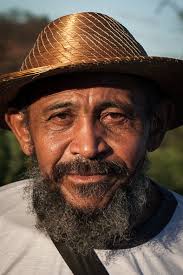

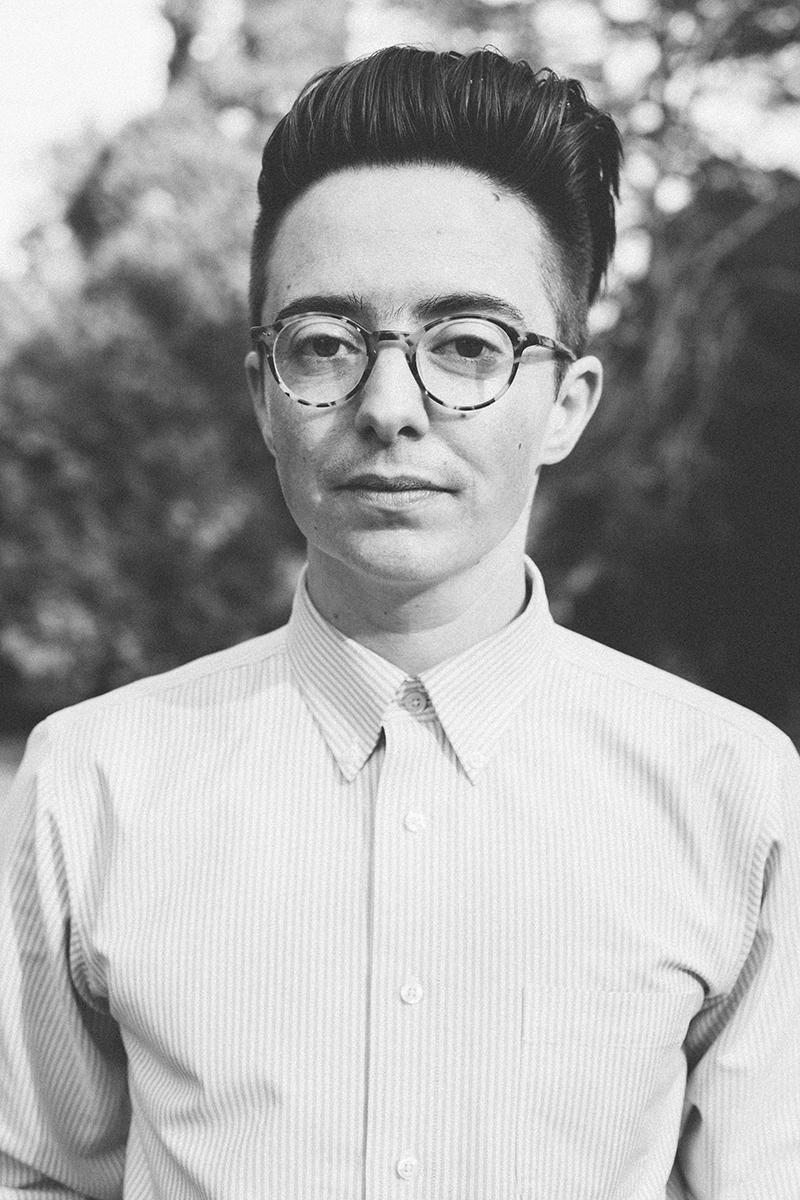



![In the Absence of the Ordinary: Soul Work for Times of Uncertainty--Essays on Grief, Change, and Sacred Transitions [Book]](https://images.penguinrandomhouse.com/cover/9798889842613)



